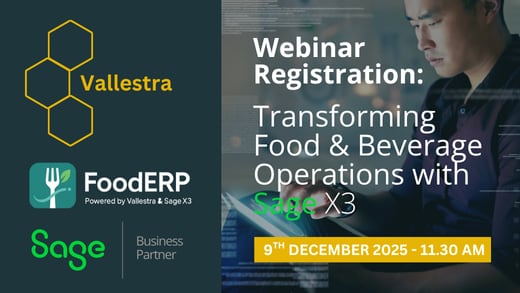
Transforming Food and Beverage Operations with Sage X3
Discover how Sage X3 and FoodERP from Vallestra are transforming food & beverage operations.

Discover how Sage X3 and FoodERP from Vallestra are transforming food & beverage operations.
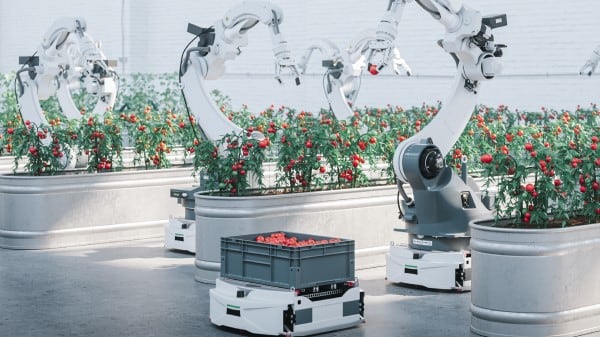
Economic pressures, shifting consumer expectations, legacy systems, siloed data, and the rapid pace of technological change require Food and Beverage organisations to adopt a new mindset when evaluating the value of digital transformation. Often, these...
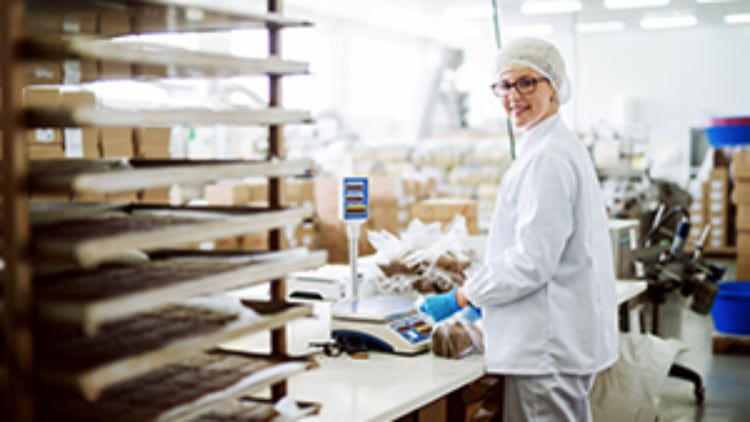
Full traceability is no longer just a requirement to meet food safety standards. Consumers now demand more information about a food’s origin to drive their purchase choices.

Increasing complex supply chains require the right tools in place, to avoid recalls—voluntary or otherwise—and protect brand trust among consumers.

With consumer trends moving at an ever-increasing pace and combining with a myriad of external events, how can – and should - R&D teams respond in shorter timeframes, and bring products to market faster? Across all stages of product development, a range...
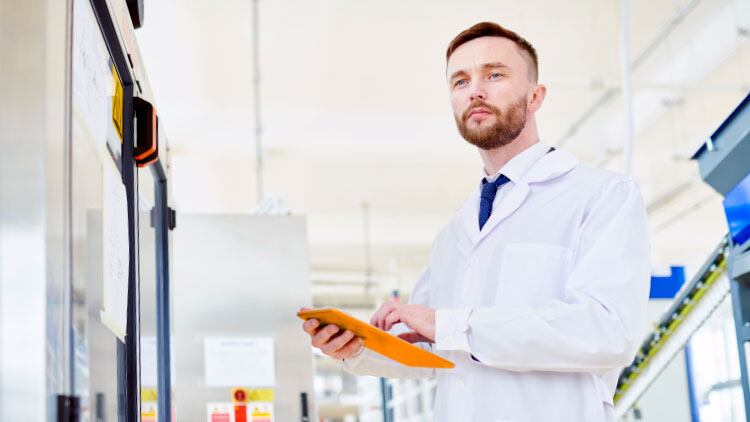
For the food industry, disruptions, such as political events, health-related incidents and supply shortages, can wreak havoc. And with customer expectations, satisfaction and loyalty on the line, it’s vital you know how to mitigate the impact.
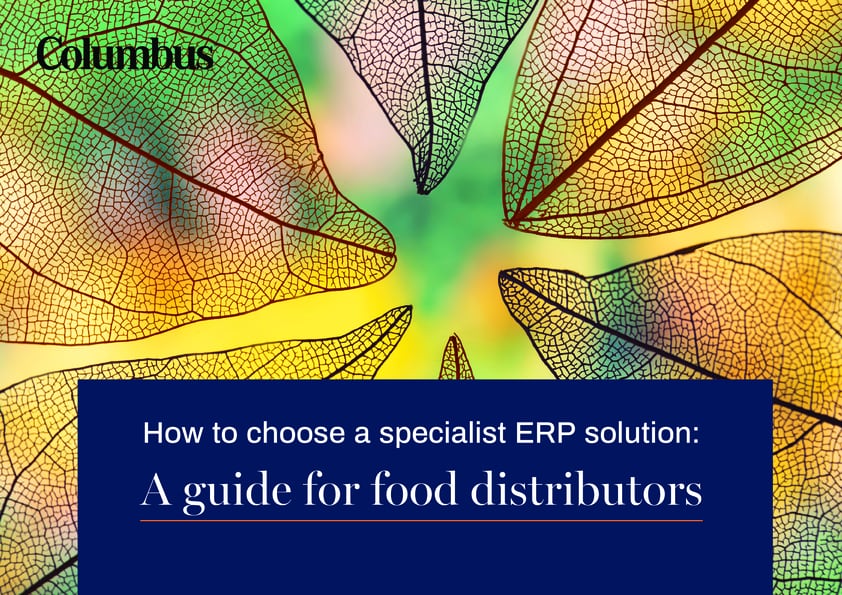
An out-of-the-box solution isn’t enough for food businesses. You need a specialist ERP system that will cater to your specific industry requirements and challenges.
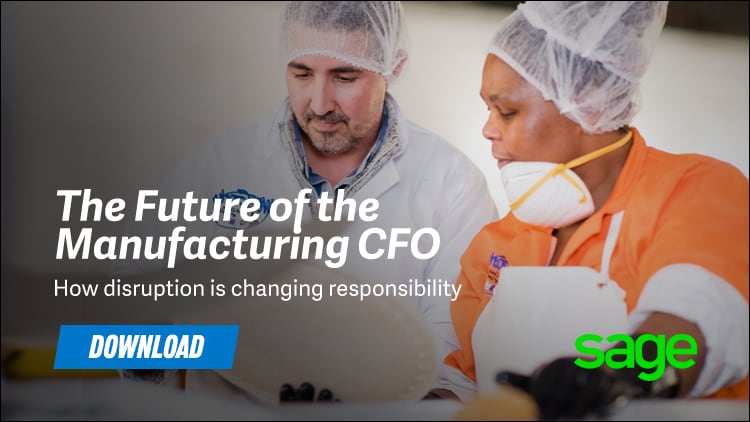
Although controlling costs and keeping an eye on margins is still within the remit of manufacturing CFOs, they are now under pressure to become a business partner in company growth – with a keen eye for both innovation and new profitable ways of working....
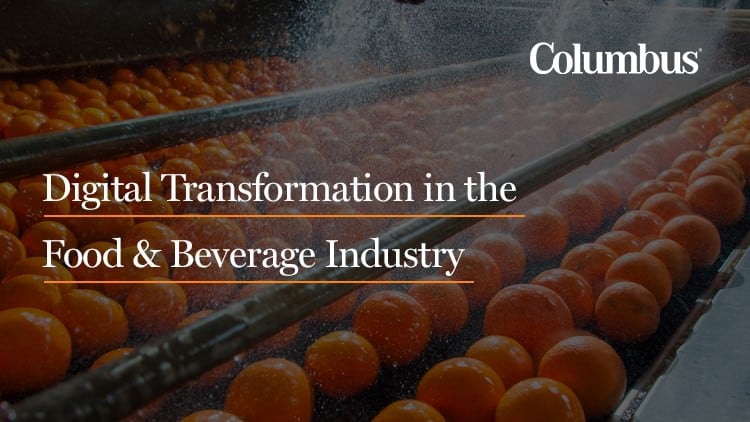
Food and beverage businesses are struggling with how to stay ahead in today’s digital world and unprecedented industry disruption. As digitalisation and IoT sweep across most business landscapes, food and beverage companies are looking for meaningful...

Behaviours in Food & Beverage are ever-changing. Such trends challenge manufacturers with the need to adapt in order to meet the optimum supply, demand, forecasting and profitable business decisions. Download our report to gain insight into
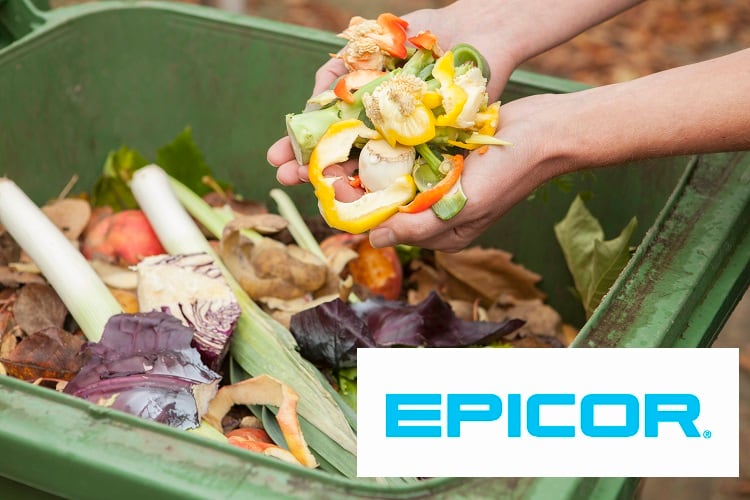
We’re all becoming increasingly aware and mindful of wastage in our personal lives. Food waste is already a significant concern for the food and beverage sector. The UK wastes over 10 million tonnes of food every year, with nearly two million being from...
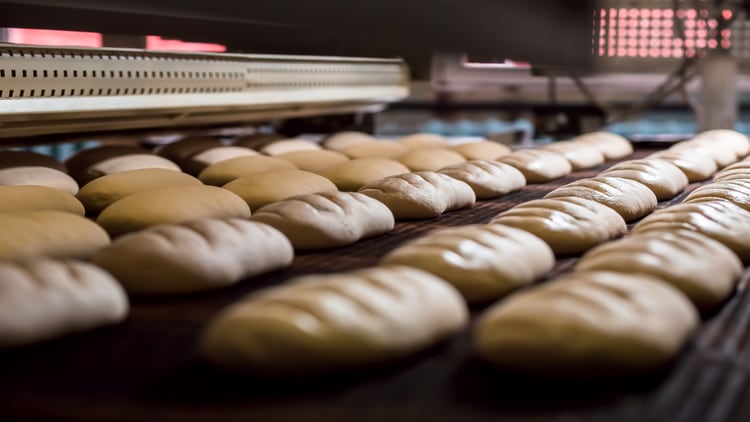
A global industry report exploring challenges affecting food companies today and technologies that will help future-proof their businesses.
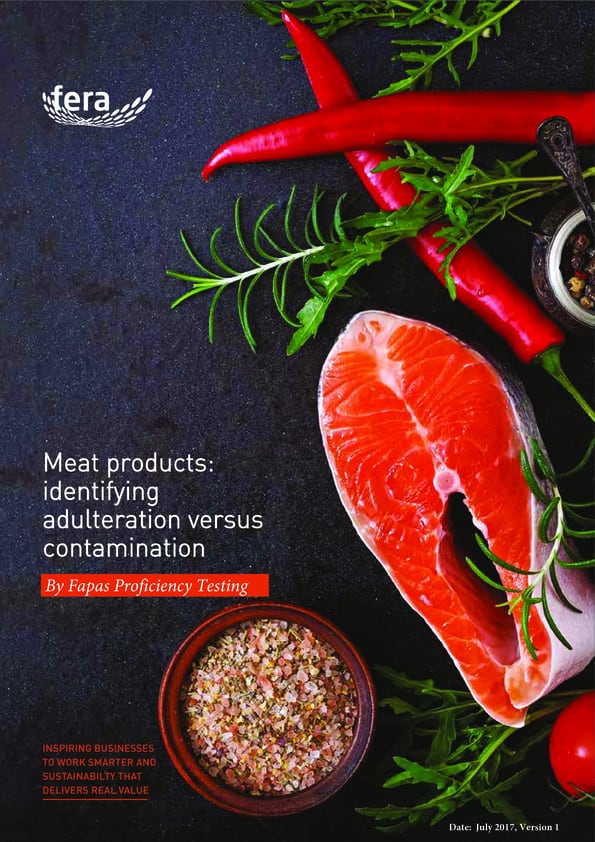
Adulteration affects the confidence of the public as well as business. Meat products are one of the most commonly adulterated foods – we review the challenges faced by industry and the tools available to support producers in demonstrating compliance.
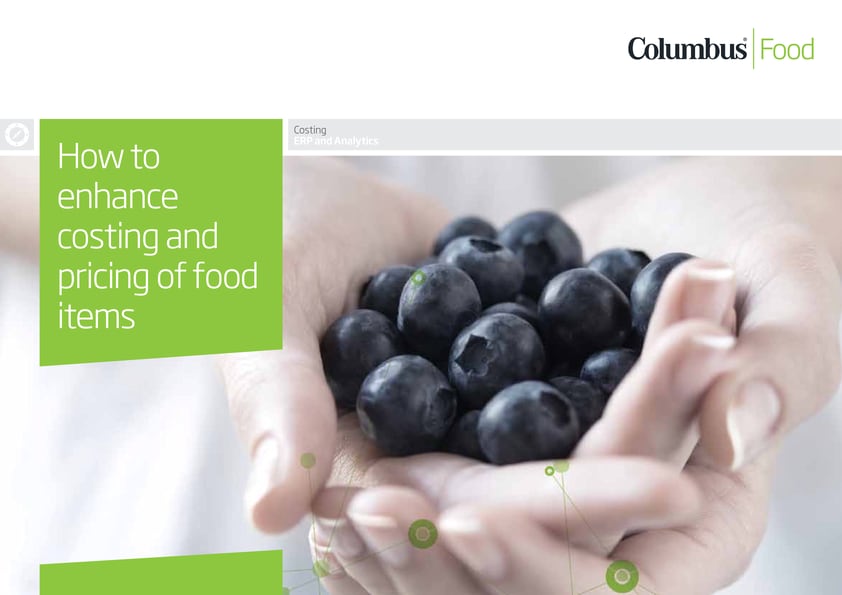
Are you satisfied with how your business goals translate into accurate costing and healthy margins? By downloading our short guide you will learn how ERP and Data Analytics will help you to:Ensure...
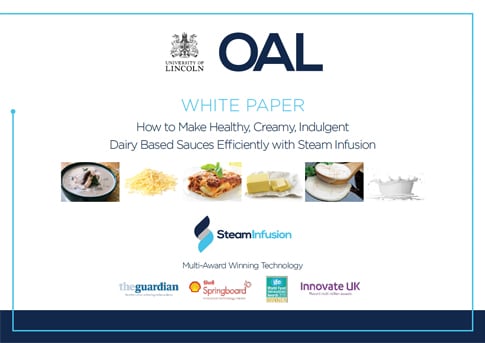
Are you looking at reducing the fat content in your dairy based sauces? The University of Lincoln has discovered that cooking using Steam Infusion can reduce the fat in your dairy based sauces by...
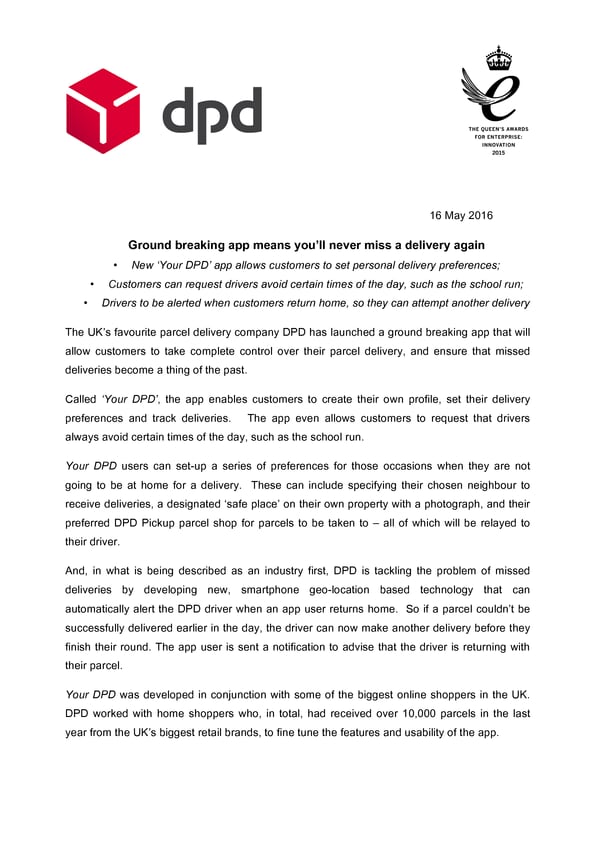
Ground breaking app means you’ll never miss a delivery again• New ‘Your DPD’ app allows customers to set personal delivery preferences;• Customers can request drivers avoid certain times...
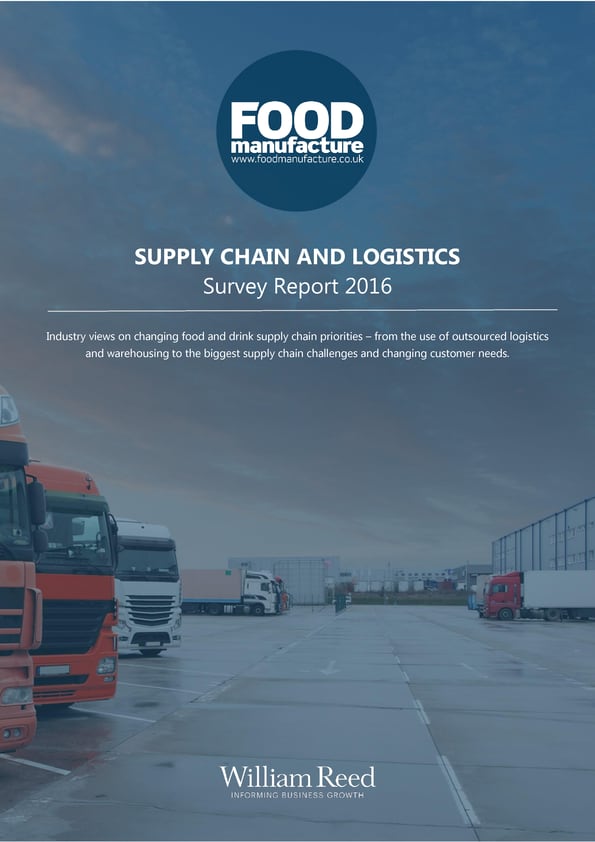
In August 2016, the Food Manufacture Group conducted its inaugural Supply chain and logistics survey on its user base of UK food and drink manufacturing professionals. The aim of the survey,...
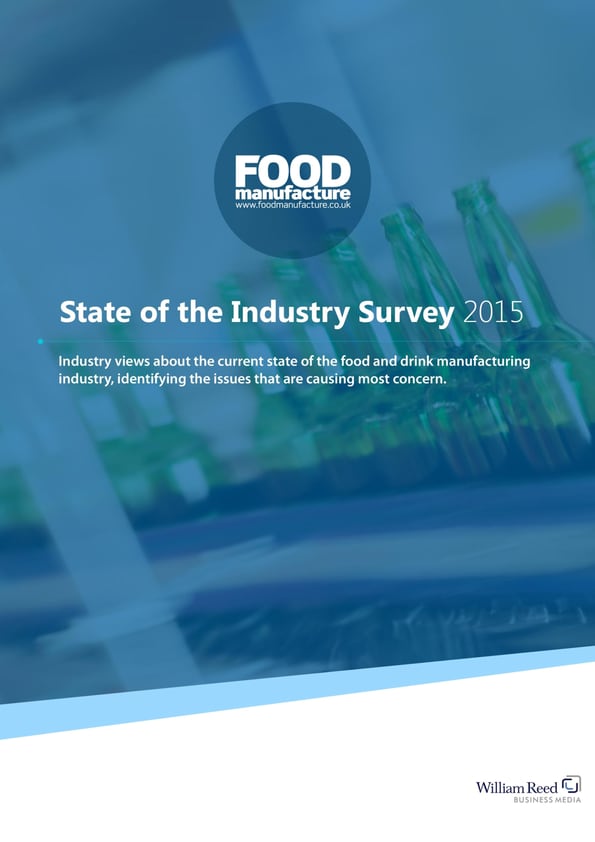
In May 2015, FoodManufacture.co.uk conducted it annual industry survey on its user base of food and drink manufacturing professionals based in the UK.The key objective of the ‘state of the...